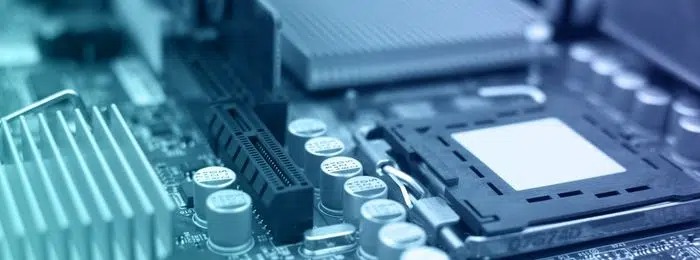Introduction
Hardware is the physical foundation of all computing systems. From personal laptops to massive data centers, hardware provides the essential infrastructure for processing, storage, and communication. In this article, we will delve into the role of hardware in computing, its different types, and how technological advancements are shaping the future of hardware.
What is Hardware?
Hardware refers to the tangible components of a computing system that allow for data processing and interaction. This includes everything from the processor and memory to input/output devices and storage.
Key Components of Hardware
Some of the essential hardware components include:
- CPU (Central Processing Unit): Often referred to as the “brain” of the computer, the CPU executes instructions and processes data.
- RAM (Random Access Memory): RAM is temporary memory that stores data and instructions that the CPU needs to access quickly.
- Storage Devices: Hard drives (HDDs) and solid-state drives (SSDs) are used to store data permanently.
- Motherboard: The motherboard connects all the components of a computer, allowing them to communicate with each other.
- Power Supply: The power supply unit (PSU) converts electricity into the necessary voltage to power the various hardware components.
- Input and Output Devices: These devices allow users to interact with the computer. Examples include keyboards, mice, printers, and monitors.
Types of Hardware
There are various types of hardware used for different applications:
- Personal Computer Hardware: This includes desktops, laptops, and tablets used for personal or business tasks.
- Server Hardware: Servers have specialized hardware designed for 24/7 operation, high processing power, and large storage capabilities.
- Mobile Hardware: Smartphones, tablets, and wearables are built with compact, efficient hardware that balances power and portability.
- Embedded Systems: These are specialized computers embedded in devices like cars, household appliances, and industrial machines.
The Evolution of Hardware
Over the decades, hardware has evolved to become faster, smaller, and more energy-efficient. Key advancements include:
- Miniaturization: Smaller components, such as microprocessors, have enabled the development of mobile devices.
- Multi-core Processors: These processors allow for faster multitasking and more efficient computing.
- Solid-State Drives (SSDs): SSDs have replaced traditional hard drives, offering faster data access speeds and greater reliability.
The Future of Hardware
Looking ahead, advancements in hardware will focus on areas like quantum computing, AI hardware accelerators, and energy-efficient computing. As demand for high-performance computing grows, hardware will continue to evolve to meet the needs of industries ranging from healthcare to finance.
Conclusion
Hardware is the cornerstone of all technological systems, providing the infrastructure needed for data processing, communication, and storage. As technology continues to progress, hardware will remain a critical area of innovation, enabling more powerful, efficient, and compact systems.

Leave a Reply